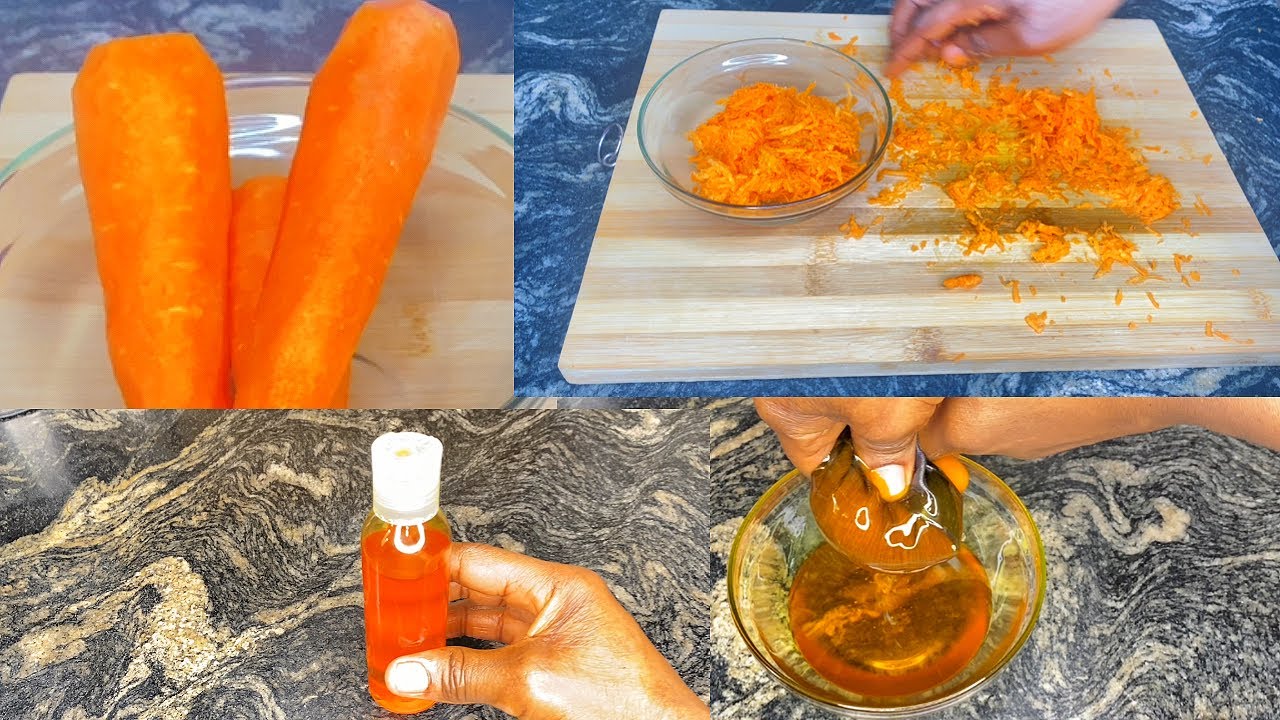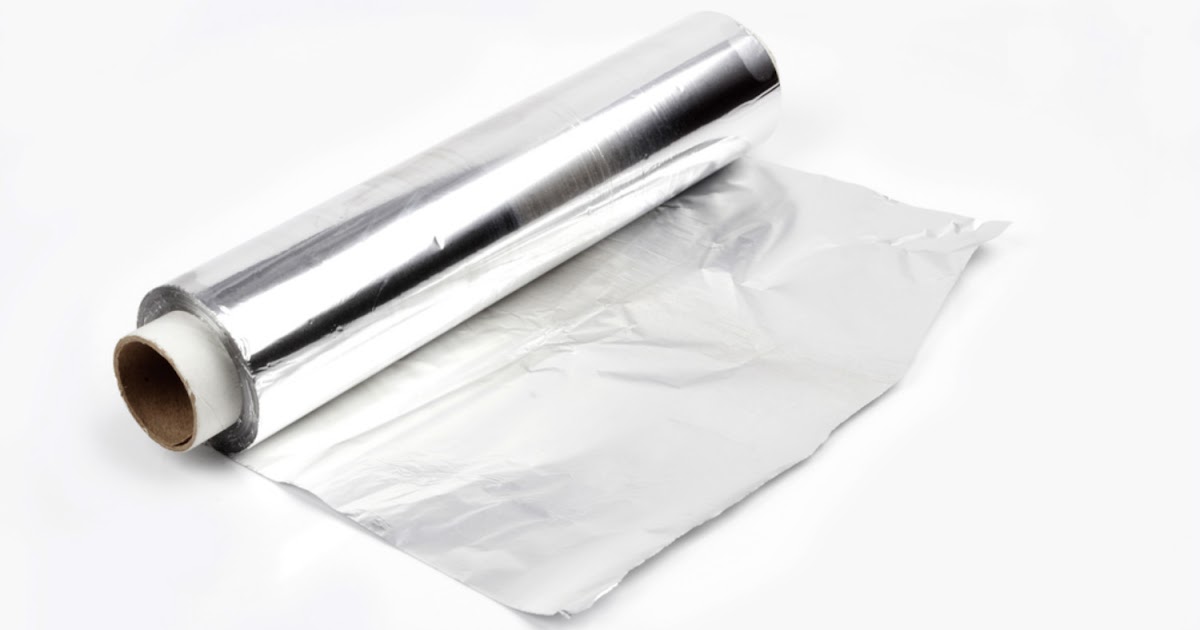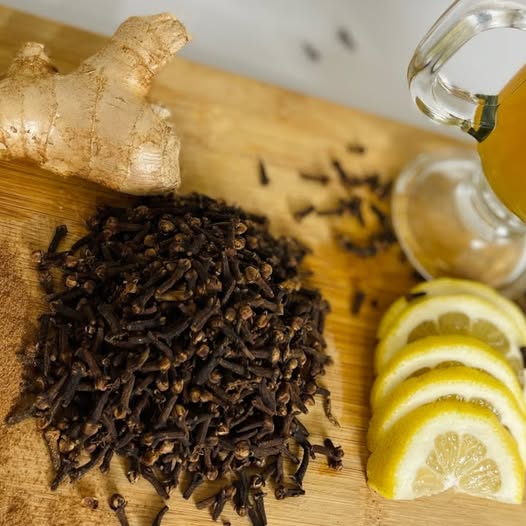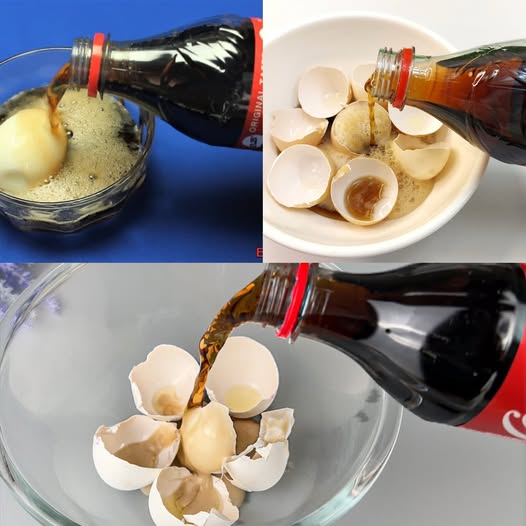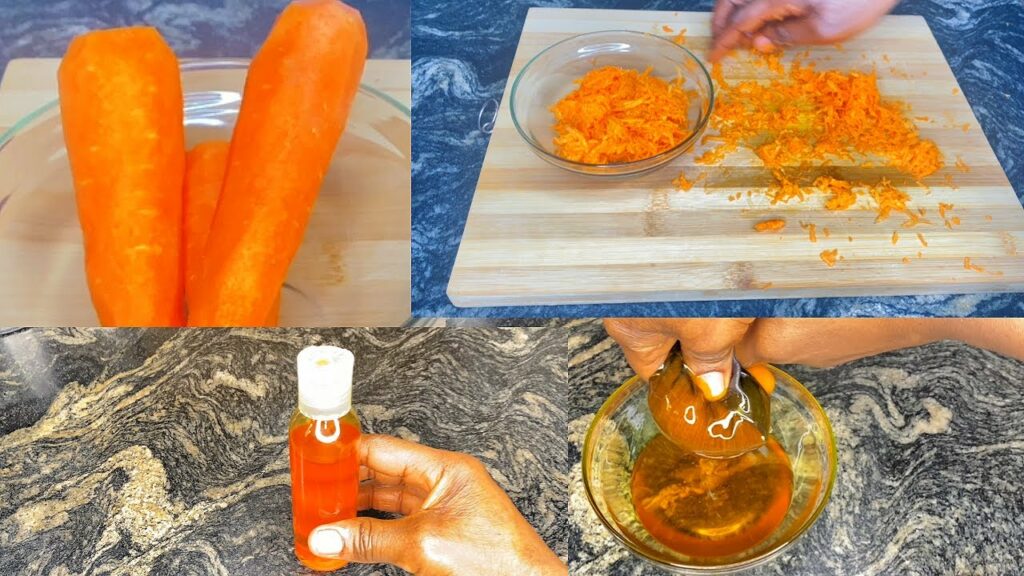
Carrot oil is a versatile and beneficial natural product that you can easily make at home. Rich in vitamins A and E, beta-carotene, and antioxidants, carrot oil is excellent for promoting brighter skin, encouraging hair growth, and even enhancing culinary dishes. Here’s a step-by-step guide on how to make carrot oil at home:
Ingredients Needed:
-
Fresh carrots
-
A carrier oil (such as coconut oil, olive oil, or almond oil)
Equipment:
-
Grater or food processor
-
Slow cooker or double boiler
-
Strainer or cheesecloth
-
Clean, dry jar for storage
Steps to Make Carrot Oil:
1. Prepare the Carrots:
-
Wash the carrots thoroughly to remove any dirt or pesticides.
-
Peel the carrots to ensure no bitterness from the skin taints your oil.
-
Grate the carrots finely or process them in a food processor to increase the surface area, which will help extract more nutrients.
2. Dry the Carrot Pulp:
-
Spread the grated carrots on a baking sheet.
-
Place in an oven set to the lowest temperature, or use a dehydrator to remove all the moisture. This step is crucial as any water content can lead to the growth of bacteria or mold in the oil.
3. Infuse the Oil:
-
Transfer the dried carrot pulp into a slow cooker or double boiler.
-
Pour your choice of carrier oil over the carrots. Ensure the carrots are fully submerged in the oil.
-
Heat the mixture on the lowest setting for 24-72 hours in a slow cooker or 2-4 hours in a double boiler. This gentle heating allows the nutrients from the carrots to infuse into the oil without burning.
4. Strain the Mixture:
-
After heating, let the oil cool slightly.
-
Strain the oil through a cheesecloth or a fine-mesh strainer to remove all solid particles. Be sure to squeeze out as much oil as possible from the carrot pulp.
5. Store the Carrot Oil:
-
Transfer the strained oil into a clean, dry jar.
-
Store the oil in a cool, dark place. The refrigerator is ideal for extending its shelf life.
Uses of Homemade Carrot Oil:
For Skin:
-
Brightening: Apply carrot oil directly to the skin to help even out skin tone and add a natural glow.
-
Moisturizing: Use it as a face or body oil to moisturize and nourish the skin, thanks to its high vitamin E content.
For Hair:
-
Hair Growth: Massage carrot oil into the scalp to stimulate hair growth and improve blood circulation.
-
Conditioning: Add it to your conditioner or apply it as a hair mask for added shine and strength.
In Food:
-
Cooking: Use carrot oil as a salad dressing or a drizzle over cooked dishes for added flavor and nutrients. Its sweet and earthy flavor can enhance a variety of recipes.
Conclusion:
Making carrot oil at home is a simple and rewarding process. It provides a natural, chemical-free product that is beneficial for your skin, hair, and culinary needs. Enjoy the process and the many benefits that come with using your homemade carrot oil!
